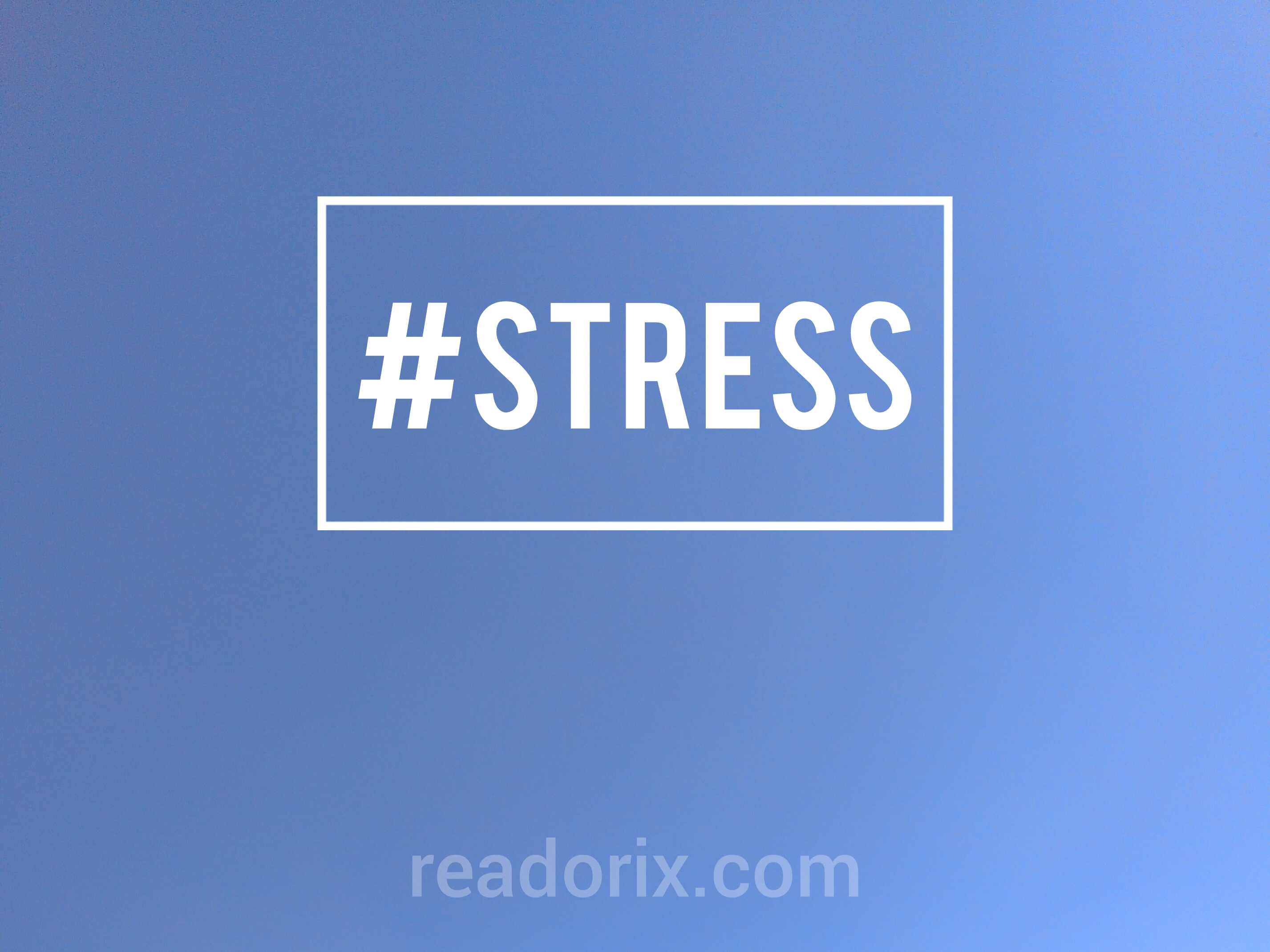
Effective Strategies to Handle Stress
- 18 Jun 2024
- 40 Views
Stress is an inevitable part of life that we all encounter from time to time. Whether it stems from work, relationships or daily responsibilities, finding effective ways to manage stress can significantly improve your overall well-being. Here is a comprehensive guide with 20 practical strategies to help you navigate and reduce stress in your life.
1. Recognize Your Stress Triggers
The journey to managing stress begins with understanding what triggers it. Start by keeping a stress journal where you note down specific situations, times or people that contribute to your stress. Identifying these triggers allows you to address them proactively and make informed changes to your routine.
2. Practice Mindfulness and Meditation
Mindfulness and meditation can be powerful tools in reducing stress. They help you stay grounded and present in the moment. Even just 10 minutes of deep breathing or a guided meditation session can make a noticeable difference in your stress levels and overall mental clarity.
3. Exercise Regularly
Regular physical activity is one of the most effective ways to combat stress. Exercise stimulates the release of endorphins, the body’s natural mood lifters. Whether you prefer jogging, swimming or a brisk walk in the park, finding an exercise routine that you enjoy will help you stay committed and alleviate stress.
4. Prioritize Sleep
Sleep and stress have a bidirectional relationship; poor sleep can increase stress, and stress can disrupt sleep. Aim for 7-9 hours of quality sleep each night. Establish a consistent sleep schedule and create a calming bedtime routine, such as reading a book or taking a warm bath, to help improve your sleep quality.
5. Maintain a Healthy Diet
The food you eat directly impacts how you feel. A balanced diet rich in fruits, vegetables, whole grains and lean proteins can stabilize your mood and energy levels. Try to limit your intake of caffeine, sugar and processed foods, which can contribute to feelings of anxiety and irritability.
6. Stay Connected with Loved Ones
Social connections are crucial for managing stress. Engaging with friends, family, or support groups provides emotional support and perspective. Even a quick phone call or a chat over coffee can make a significant difference in how you handle stress.
7. Set Realistic Goals
Setting achievable goals helps prevent overwhelm. Break large projects into smaller, manageable tasks and set realistic deadlines for each. Prioritizing your tasks and focusing on one thing at a time can reduce feelings of being swamped and help you stay organized.
8. Learn to Say No
Overcommitting can lead to increased stress. It is important to recognize your limits and learn to say no when necessary. Setting boundaries and declining additional responsibilities or requests can help you maintain a manageable workload and protect your mental health.
9. Engage in Hobbies and Interests
Engaging in activities you love can be a great way to unwind and relieve stress. Whether it is painting, knitting or playing a musical instrument, dedicating time to your hobbies provides a healthy distraction and helps balance the demands of daily life.
10. Practice Relaxation Techniques
Relaxation techniques such as deep breathing exercises, progressive muscle relaxation or aromatherapy can help soothe your nervous system. Explore different methods to find what resonates with you, and make these practices a regular part of your routine.
11. Seek Professional Help
If stress becomes overwhelming or chronic, it might be time to seek professional help. Therapy or counseling can provide valuable insights and strategies for managing stress effectively. Don’t hesitate to reach out to a mental health professional if you feel stuck or need additional support.
12. Organize and Declutter
A cluttered environment can contribute to a cluttered mind. Take time to declutter and organize your living and work spaces. An organized environment promotes a sense of calm and control, making it easier to focus and reduce stress.
13. Use Time Management Tools
Effective time management can help reduce stress by preventing last-minute rushes and missed deadlines. Utilize planners, digital calendars, or time management apps to keep track of your tasks and appointments. Allocate specific times for breaks and relaxation to maintain a balanced schedule.
14. Practice Gratitude
Shifting your focus to positive aspects of your life can help mitigate stress. Keeping a gratitude journal or taking a few moments each day to reflect on what you’re thankful for can enhance your mood and provide a more balanced perspective on life.
15. Engage in Deep Breathing Exercises
Deep breathing exercises can quickly calm your nervous system. Try inhaling deeply through your nose, holding your breath for a few seconds, and then exhaling slowly through your mouth. This simple practice can help reduce anxiety and bring a sense of calm.
16. Create a Stress-Relief Toolkit
Develop a personal stress-relief toolkit with items or activities that help you relax. This could include soothing music, a favorite book or a comforting tea. Having these resources readily available can provide immediate relief when stress levels rise.
17. Set Aside Time for Relaxation
Make relaxation a priority in your schedule. Designate specific times each week for activities that help you unwind, such as taking a bath, practicing yoga or simply sitting quietly with a good book. Consistent relaxation helps prevent burnout and maintains your overall well-being.
18. Limit Exposure to Stressful News
Constant exposure to negative news can heighten stress. Set boundaries on how much news you consume and consider taking breaks from social media and news outlets. Focus on consuming positive or uplifting content that contributes to a healthier mental state.
19. Practice Self-Compassion
Be kind to yourself during stressful times. Practice self-compassion by acknowledging that everyone experiences stress and it is okay to feel overwhelmed. Treat yourself with the same kindness and understanding that you would offer to a friend.
20. Develop a Positive Mindset
Cultivating a positive mindset can help you approach stress with resilience. Focus on finding solutions rather than dwelling on problems. Practice positive affirmations and visualize successful outcomes to foster a more optimistic outlook on life’s challenges.
Incorporating these strategies into your daily life can make a world of difference in how you handle stress. Remember, stress management is a continuous process, and it’s important to find what works best for you. Be patient and compassionate with yourself as you navigate through the ups and downs of life. With time and practice, you will find greater balance and resilience in the face of stress.